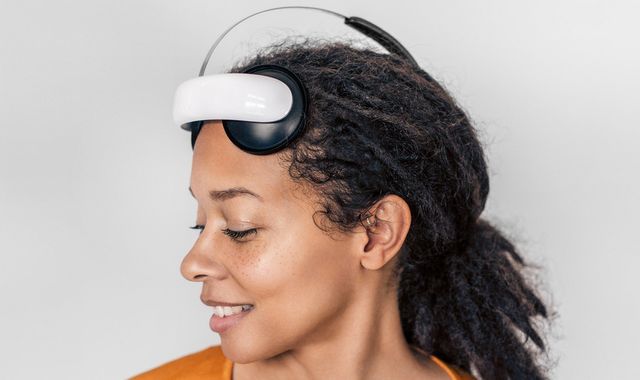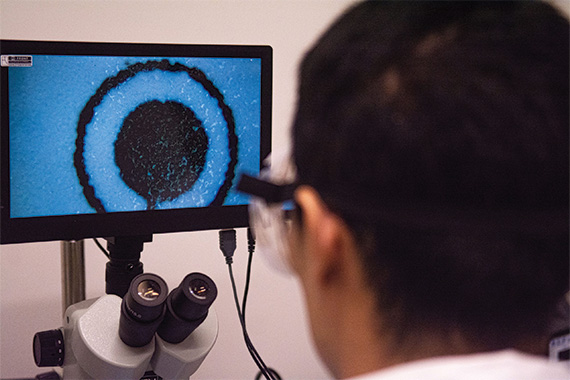The Flow headset, priced at £399, is witnessing a surge in private sales, boasting a remarkable 700% increase in new users over the past year. Developed by Swedish firm Flow Neuroscience, this electrical headset, utilizing transcranial direct current stimulation (tDCS), is undergoing trials on around 200 NHS patients. With solid evidence indicating its potential to lead to remission from depression, experts believe that the successful outcome of these trials could pave the way for widespread adoption within the NHS, offering a beacon of hope for those battling severe depression.

The Science Behind Flow
Private sales of the Flow headset, designed to treat severe depression, have soared, reaching nearly 20,000 across the UK and Europe since its 2019 launch. With a significant uptick in new users between December 2022 and December 2023, the headset’s popularity underscores a growing interest in innovative mental health solutions. The potential success of NHS trials could usher in a new era of depression treatment, making this groundbreaking technology accessible to thousands.
Annie Lovatt, 24, shares a powerful personal testimony of overcoming depression with the help of the Flow headset. Having struggled with depression since the age of 12 and surviving a suicide attempt at 17, Annie describes how the device, used twice a week at home, transformed her world from “grey to color.” With nearly 700% more users adopting the Flow headset in the past year, stories like Annie’s highlight the profound impact this technology can have on individuals battling long-term depression.
Flow utilizes transcranial direct current stimulation (tDCS), a non-invasive method applying weak electrical currents to the forehead to target the physical causes of depression. An institute known as National Institute for Health and Care Excellence (NICE) recognizes Flow as a first-line treatment for moderate to severe depression, especially when other treatments prove ineffective. NICE’s review in November emphasized the high-quality evidence supporting Flow’s ability to improve symptoms and lead to remission.
READ ALSO: Study Reveals Surprising Link Between Sibling Count and Teenagers’ Mental Health
A Potential Game-Changer for Mental Health Care
Dr. Azhar Zafar, leading the NHS trial of Flow, hails the technology as a “significant milestone in mental health care.” The ongoing trials involve at least 200 patients, with discussions underway to expand to 1,000 patients. With four pilot programs across different aspects of depression treatment, the potential integration of Flow into primary care and community mental health settings holds promise. Over 200 mental health professionals are also offering the treatment in private practice, highlighting the growing acceptance of this non-invasive approach.
Clinical psychologist Daniel Mansson, co-founder of Flow Neuroscience, emphasizes the versatility of Flow, stating that it can be used alongside medications and talking therapies. In a recent placebo-controlled trial, Flow demonstrated its efficacy, alleviating depression symptoms in 56% of patients in just 10 weeks, making it twice as effective as traditional antidepressants. As the headset redefines the landscape of depression treatment, it symbolizes a beacon of hope for those seeking alternative solutions beyond conventional methods.
READ ALSO: Whooping Cough Outbreaks Spark Health Concerns in Eastern U.S.



